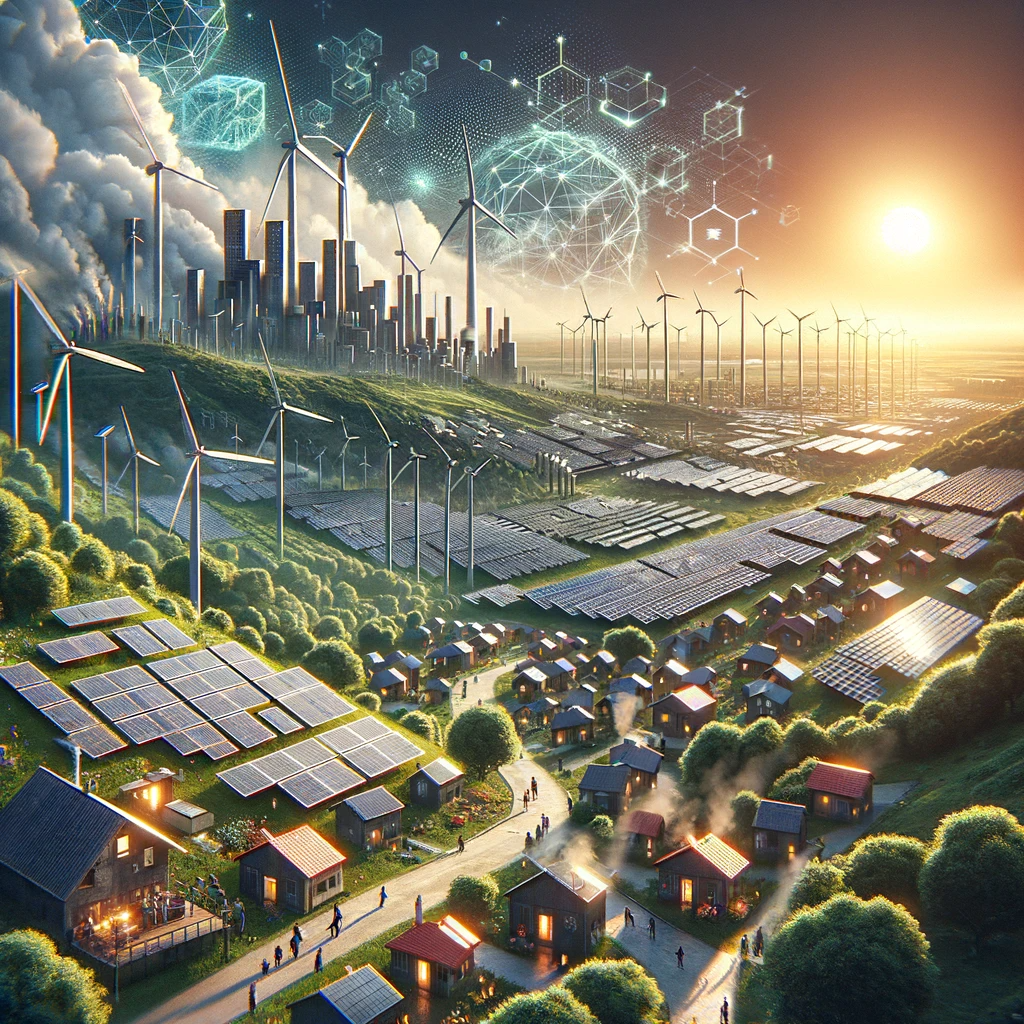Renewable Energy Community (REC)

The regulation of renewable energy sources and the “decentralising” trend: what role for the state?
Piergiacomo Mastellone | 22 January 2024 | Issue 1/2024
Examining the “decentralising” trend that seems to be impacting public and regulatory policies on renewable energy, this paper explores how new distributed energy generation models have spread and how profound innovations brought about by Distributed Ledger Technologies have resulted in new distributed energy policies. After a general overview of the regulatory framework of the sector, the paper aims to highlight the particular social value that renewable energy has acquired through the phenomenon of energy communities. Finally, the paper will investigate the role that the state is expected to play in response to these changes.
Read More
The development of a new model of urban regeneration in light of the digitalisation of public administration
Leonardo Scuto | 29 September 2022 | Issue 3/2022
This article aims to investigate the distinctive features of the phenomenon of urban regeneration as an expression of the principle of sustainable development, in light of the digital administration model, i.e., a new structure designed to promote the digitalisation of decision-making procedures and a transformation of administrative functions, using Information and Communication Technologies (ICT).These elements should be the principles upon which the new urban development model is to be based. The influence of ICT on environmental assessments is crucial to fully understand both the potential and challenges faced by the Italian legislator when addressing urban regeneration. The purpose of this paper is, therefore, to propose a method to achieve the best possible interaction between traditional and innovative forms of urban regeneration, trying to identify, specifically, how local authorities can take advantage of new technologies both in a procedural and environmental perspective. It is emphasized how innovative technological solutions today find their highest expression in the development of a new urban model – the renewable energy community – which is one of the means identified to pursue the goals set out by the SDG No. 11 drafted by the United Nations.
Read More